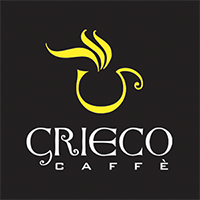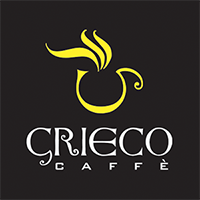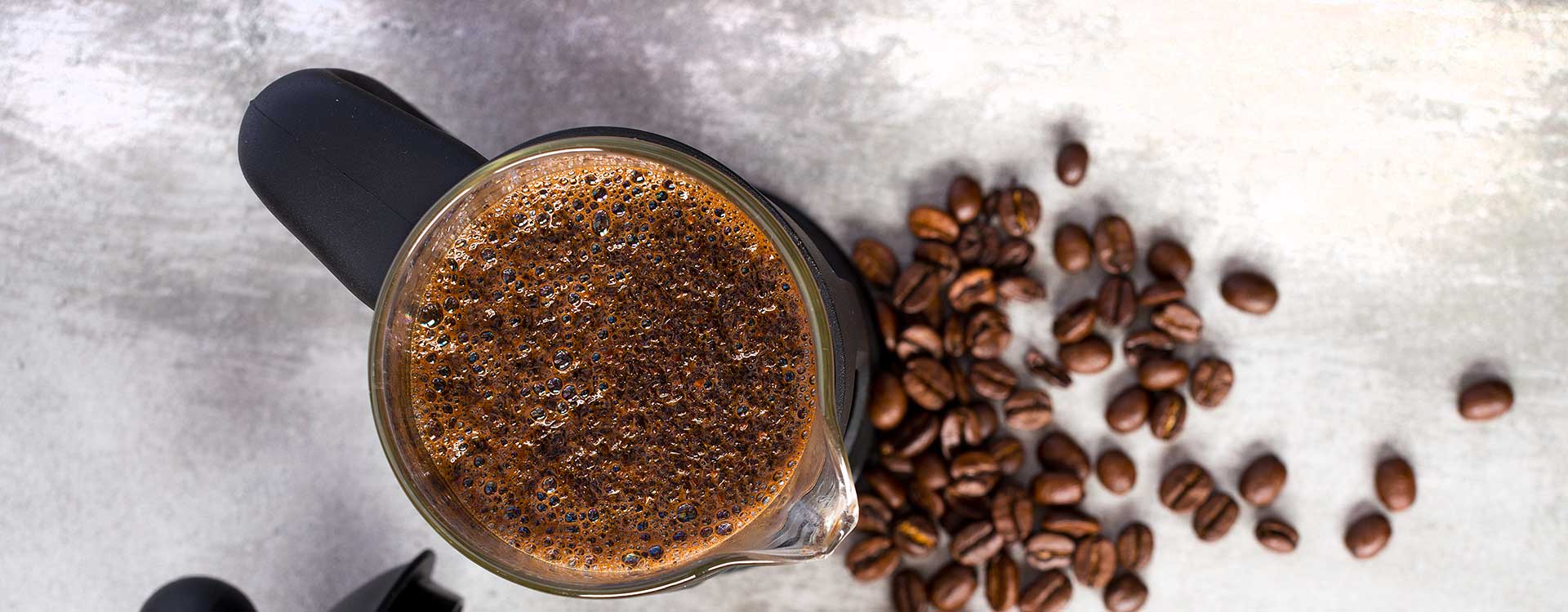Alcohol Cravings: Why They Happen and How to Manage Them
Our friendly staff will gladly offer advice and guidance to help you make the right decision to change your drinking habit and will answer any questions or concerns you may have. Remember, help is always at hand, and there are other options rather than attempting to do it alone. As previously mentioned, alcohol is an extremely addictive substance and is very hard to quit once you develop tolerance and dependence. The cravings may be so mild that you don’t even recognize them as cravings. It’s also important to note that your brain never entirely forgets its positive associations with alcohol, especially when confronted with stress and negative feelings.
Explore daily reflections in recovery to enhance sobriety, resilience, and mindfulness in your journey to healing. Explore effective cures for heroin addiction, from therapies to support systems for lasting recovery. Explore the benefits of Acceptance and Commitment Therapy (ACT) for boosting your mental health.
Residential Treatment
Programs https://yourhealthmagazine.net/article/addiction/sober-houses-rules-that-you-should-follow/ like intensive outpatient programs (IOPs), residential treatment, and therapy provide tools and support to understand and manage cravings effectively. However, professional treatment and coping strategies can significantly reduce this risk. At Greater Boston Addiction Centers, we understand the challenges of managing cravings and provide personalized care to help individuals overcome them. Our compassionate team of therapists, medical professionals, and addiction specialists is dedicated to your success.
Utilize Cognitive Behavioral Therapy (CBT)
The ICONIC study (Investigation of the effects of Cannabidiol ON cue-InduCed alcohol craving and nucleus accumbens activation) fills this gap. Moreover, maintaining a balanced diet high in protein, complex carbohydrates, and healthy fats can help regulate blood sugar levels. Fluctuations in blood sugar can trigger cravings of many kinds, so keeping your blood sugar steady may help reduce the desire for alcohol. Nuts and seeds are packed with healthy fats, proteins, and fibers, making them a perfect snack to curb alcohol cravings. Plus, they are loaded with essential nutrients like magnesium, which may alleviate alcohol cravings.
Name the Urge
The research team is currently preparing a study that will also build on the findings of the ICONIC study. In the ICONICplus study, it will investigate the added value of treatment with CBD and naltrexone compared to sober house established standard treatments for alcohol addiction. A new study shows that cannabidiol (CBD) can reduce the craving for alcohol in people suffering from alcoholism. CBD is a natural component of the cannabis plant and has no intoxicating effects. You might select a light beer instead of a harder liquor, like whiskey. To curb habitual drinking, alternating between alcohol and water is useful.
When the substance is removed, the body experiences withdrawal symptoms, which often include cravings as it seeks to regain balance. Cravings are a significant challenge for individuals recovering from addiction. They can feel overwhelming and all-consuming, often testing a person’s resolve to remain substance-free. Understanding cravings—what causes them, how they manifest, and strategies for overcoming them—is essential for achieving long-term recovery. If you’re trying to quit and need help stopping your alcohol consumption, give us a call.
Moreover, it’s believed that chocolate’s magnesium content may also help reduce alcohol cravings. Certain foods are thought to reduce alcohol cravings due to their nutritional content. They can support brain health, balance mood, boost energy levels, and fill the nutrition gap left by alcohol misuse. Finding the right combination of techniques may take some experimentation.
Explore the risk and response to the question, “Can you overdose on pain medication?” Learn to be safe. Discover the role of physiological dependence in addiction and unlock paths to recovery. Explore if teen substance use is normal, its impact, and strategies for prevention and intervention.
Professional Resources and Therapy
- With the right support, and by incorporating these ten strategies, you can effectively reduce or quit drinking.
- Get access to daily cognitive exercises to strengthen your ability to control your drinking or maintain sobriety.
- Outside work, Trent values family time, personal growth, travel, and promoting a healthy lifestyle.
- Another sign of relapse is when the person acts like they did when they were drinking before.
Yogurt contains probiotics that are beneficial for gut health, which can be damaged from prolonged heavy drinking. Omega-3-rich fish like salmon and mackerel may also help improve focus and overall brain health. If certain environments, scenarios and places tempt you to drink, the simplest and most effective approach may be to avoid them, at least temporarily. Cravings vary in intensity and duration, typically lasting from a few minutes to an hour. Get the support you need without stigma, waiting lists or significant costs. Connect with like-minded individuals to stay motivated and on track.
Differentiating Between Cravings and Normal Desire for Alcohol
Telehealth services are among the easiest methods to seek help for fighting cravings and alcohol addiction. In addition to having specialized support groups, these services also provide regular therapy sessions and round-the-clock access to certified clinicians. A person who experiences alcohol cravings does not necessarily have alcohol use disorder.
- The goal is to identify the trigger and analyze the feeling the person gets from that trigger and how it relates to their drinking.
- Therapists can provide us with evidence-based strategies for conquering cravings, and they may refer us to a medical professional if medication is necessary (more on this below).
- This cycle can be a gateway for alcohol abuse since the brain reduces its dopamine release whenever the person is not drinking.
- Consuming alcohol can produce chemical imbalances within certain neural circuits in the brain.
- Alcohol craving itself isn’t necessarily a mental condition, but it can be a symptom of other mental conditions like anxiety disorders or depression.
- Trent Carter, FNP-BC, CARN-AP, is a seasoned nurse practitioner with over a decade of experience in addiction medicine.
Their understanding and support can catalyze behavioral changes while diluting the intensity of cravings. Hydration and maintaining a balanced diet are critical in managing alcohol cravings. In the journey towards recovery, the right nutrient-rich foods can play a surprising role – they can curb alcohol cravings. Firstly, Mindfulness is a mental state achieved by focusing one’s awareness on the present moment, while calmly acknowledging and accepting one’s feelings, thoughts, and experiences.
Professional therapy or self-help techniques can assist with emotional regulation, reducing the need to use alcohol as a coping mechanism. Trying to ignore alcohol cravings is not the best way to manage them. It is better to accept them as normal and actively treat them through a variety of methods, including possibly taking medication. Ashwagandha is an herbal supplement used in traditional Indian Ayurvedic medicine. It has long been used to prevent alcohol cravings, improve immune function, and reduce stress. Although the available evidence is mixed or lacking in humans, the following natural supplements, herbs, and vitamins might help curb alcohol cravings (5, 6, 7).
She lives in Washington with her son and a lovably recalcitrant cat. She notes that it can help to avoid your triggers as much as possible in early recovery, since triggers are often most intense when you first stop drinking. Checking in with another person in your life who’s trying to stop drinking can certainly help you ride out a craving with someone who understands. Cravings won’t necessarily affect everyone who cuts back on alcohol. Still, they’re pretty common, especially if you drink regularly or your alcohol use falls into the “heavy drinking” category (binge drinking 5 or more days in the last month). But in spite of your goals and no matter how committed you are to changing your habits around drinking, avoiding alcohol might prove a little more difficult than you expected.
External triggers can be people, situations, certain songs that you may have heard in a bar…etc. These triggers are generally simple to handle, as you can often avoid them. That’s when the “drinking habit” begins to form, as the brain is now accustomed to the fact that drinking automatically means a positive feeling takes over.
We should carry on with the changes that support our ability to stave off cravings and adjust the ones that don’t. We’ll be surprised at how much a change in our eating habits can affect how often — and how intensely — we experience alcohol cravings. Incorporating foods rich in vitamin B6, such as bananas, avocados, and chickpeas, into one’s diet can help support a healthier brain chemistry and reduce cravings. This cycle can be a gateway for alcohol abuse since the brain reduces its dopamine release whenever the person is not drinking.




